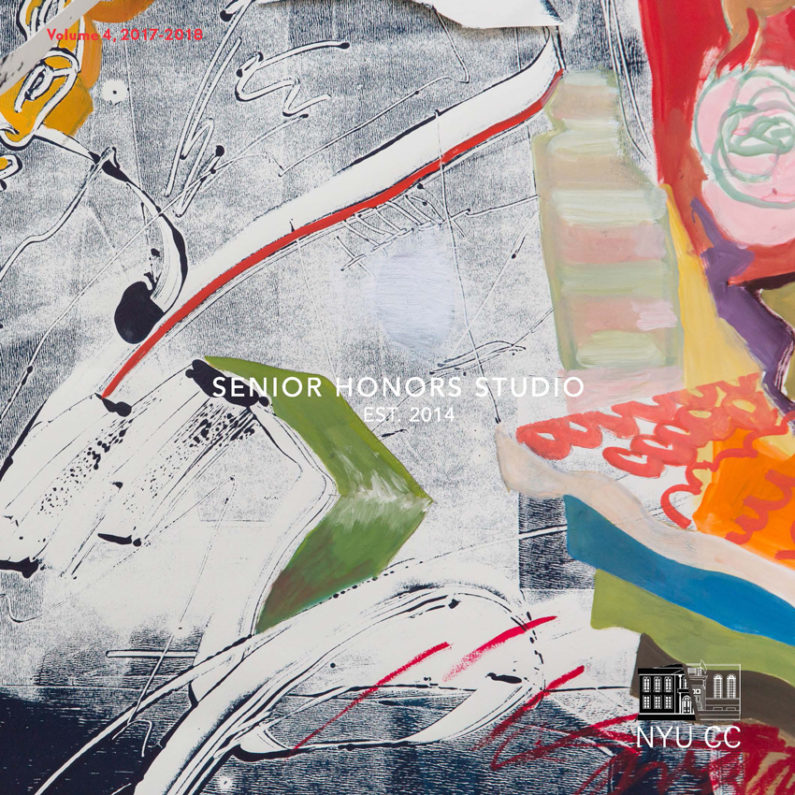Works by Lilli Biltucci and Monilola Ilupeju
Curated by Sam Allen
Wednesday, February 28th, 5 pm – 7 pm
On view through March 3rd, 2018
80WSE Gallery
80 Washington Square East
Does it signify something politically meaningful to cry over art? I’m not talking about
that threadbare sentimentality of being overwhelmed by beauty but something altogether
different, more modest perhaps: a feeling-with, mediated by an artwork, that draws you to
the outer reaches of yourself and puts you in contact with another person. In “Uses of the
Erotic: The Erotic as Power,” Audre Lorde is explicit about the political stakes of such
empathic connections, writing, “The sharing of joy . . . forms a bridge between the
sharers which can be the basis for understanding much of what is not shared between
them, and lessens the threat of their difference.” This experience of commonality and
difference-through- sameness clarifies the contours of relationships to the surrounding
world. Occasionally it can infiltrate spectatorship, taking the form of feeling seen by,
feeling in sync with an artwork. Stemming from a blend of gratitude for a brief moment
of intersubjectivity and frustration that, despite it all, we can only understand one another
to certain limits, to cry is to yearn (productively, if you choose) for such relationality to
take root beyond the walls of the gallery space.
I begin here because the first time I felt in sync with the work of Monilola Ilupeju, as
well as with that of Lilli Biltucci, there were tears. This experience clarified my sense of
these two artists’ projects. Ilupeju operates with so acute a directness — whether in
monumental, meticulously painted self-portraits or confessional videos dexterously
produced with insufficient digital tools — that one doesn’t realize until it’s too late how
the work has radiated concentrically out from her own experience of dysmorphia and
other physicalities to encompass the viewer within a space of shared experience. If these
pieces encounter their audience with an embracing action, Biltucci’s art operates more
along the lines of a constellation. They hang shelves of soothing flowers and spices, gift
hand-sewn jumpsuits to friends, redistribute the resources and platform that accrue to one
who calls themself an ‘artist:’ antimonumental acts generating vectors of transmission
that aim to undo the reductive singularities of a world masterfully ordered by power —
reducing objects to exchange-values, artists to self-sufficient actors, people to bounded
and stable identities — minor acts of exchange that hope to map escape routes from the
rigid binaries these pieties produce.
Issues of gender, sexuality, and race lie at the heart of both artists’ practices, and in both
cases we might speak of an aesthetics of vulnerability or radical honesty, of a turning
outward of their interiority to turn it into a vehicle for building coalitions around the
experience of living. Do you begin where I end? combines the enclosure of an embrace
with the interlinking of a constellation to form a provisional space that privileges the
intimacies and the exchanges (of ideas, memories, intentions, care) that accompany
collectivity. By reframing the creative act as participatory, Ilupeju and Biltucci generate
opportunities for affirmation and sustenance, for seeing and knowing others, and for
understanding more clearly — through empathy — the contours of our contact with the
world.
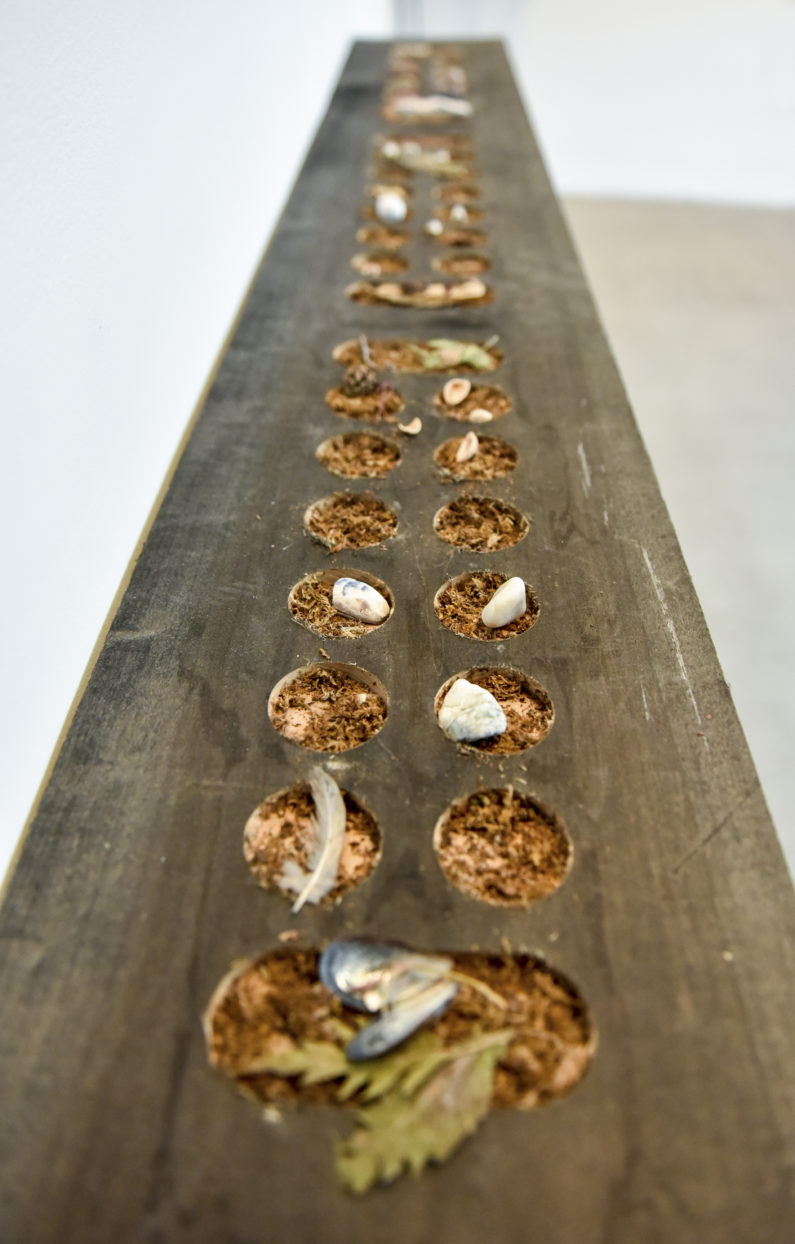
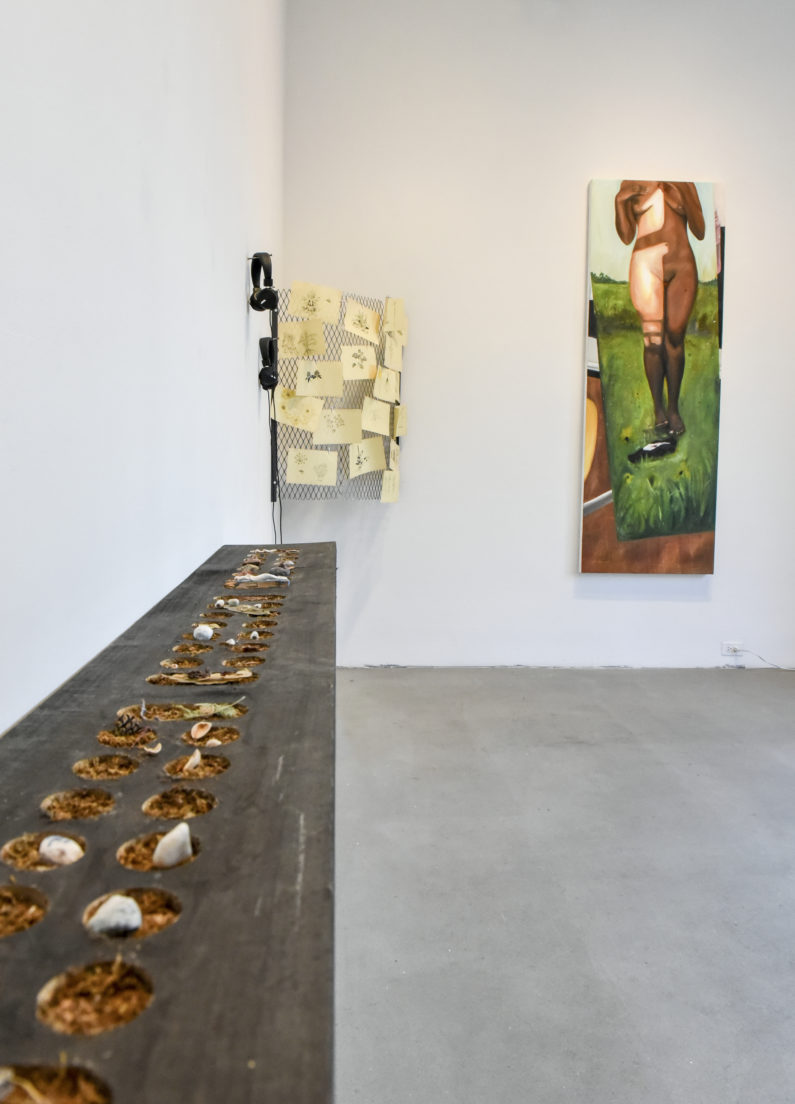
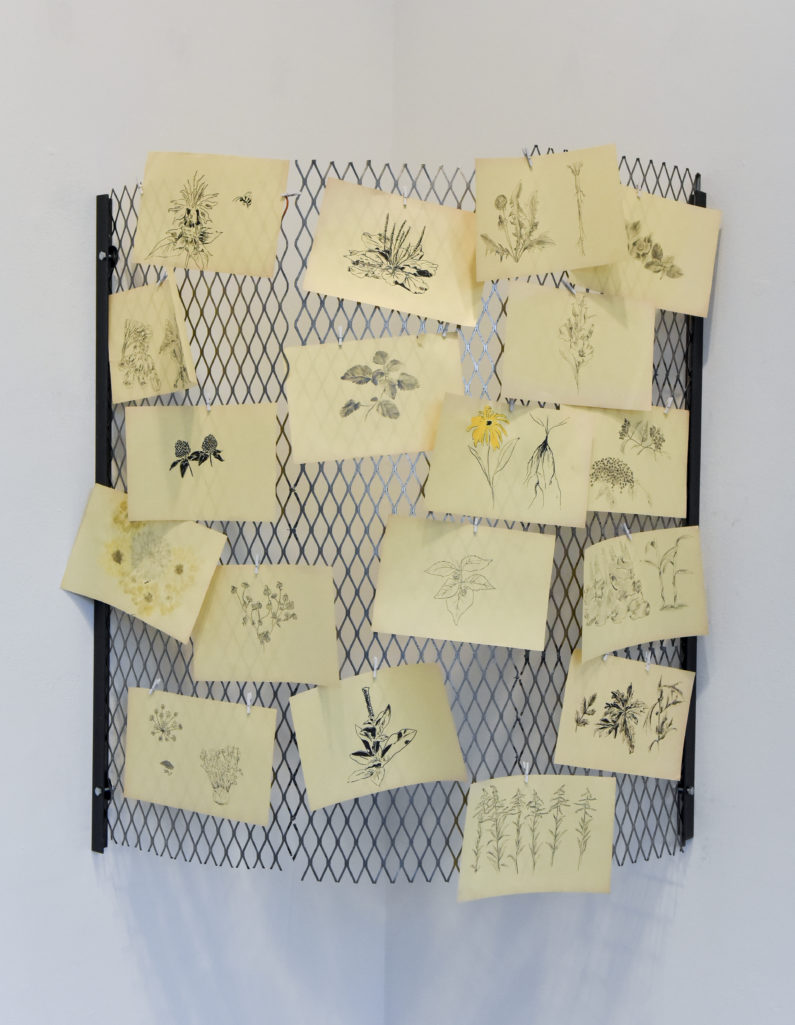
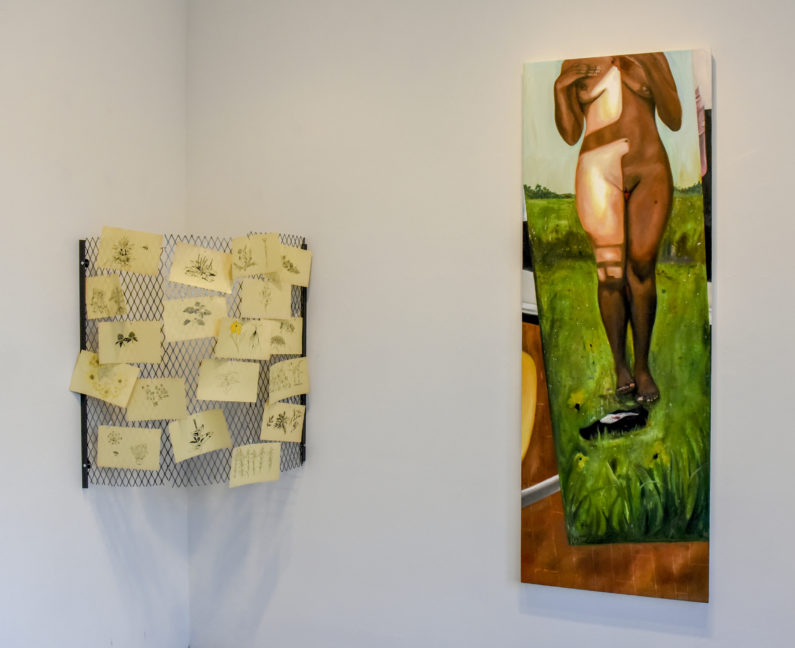
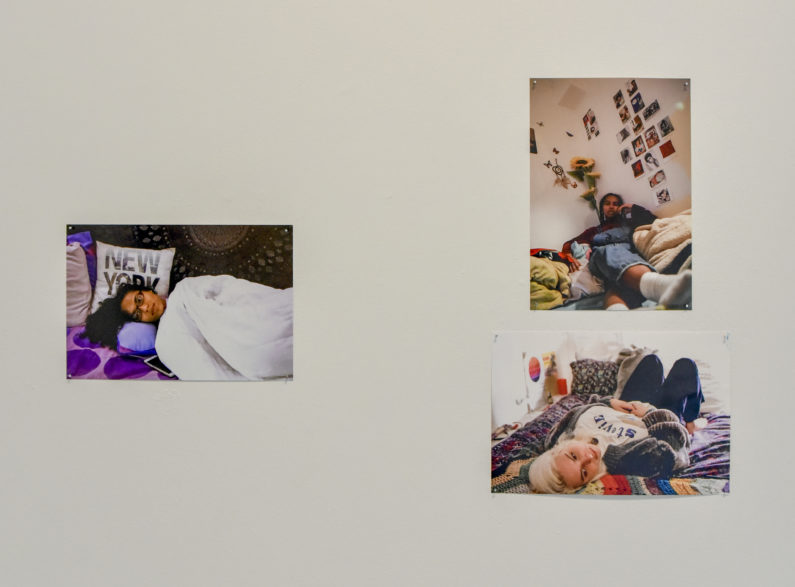
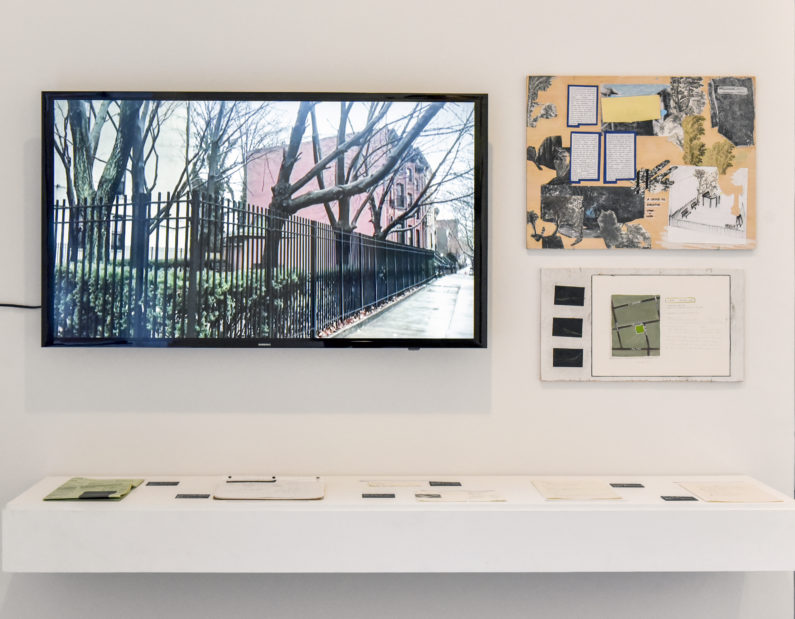
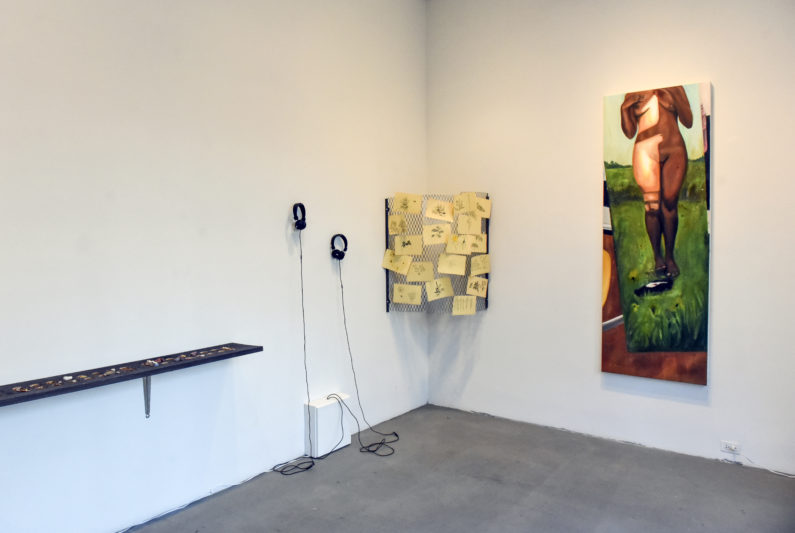
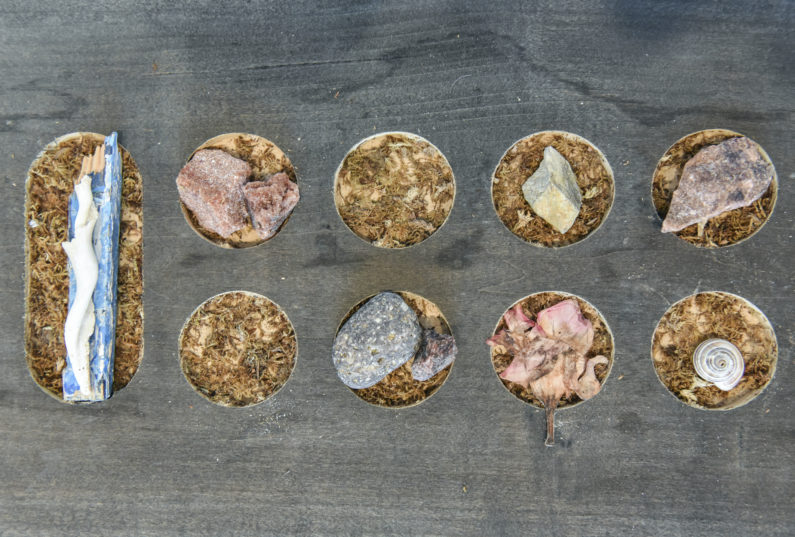
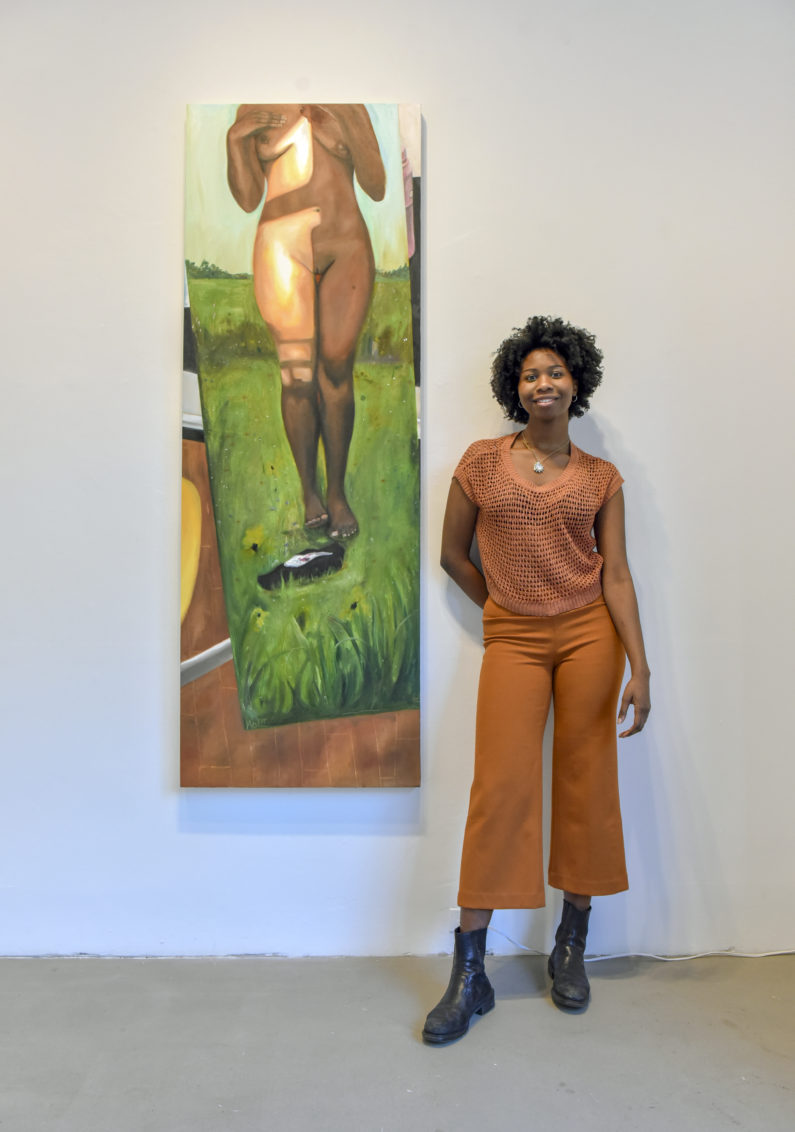
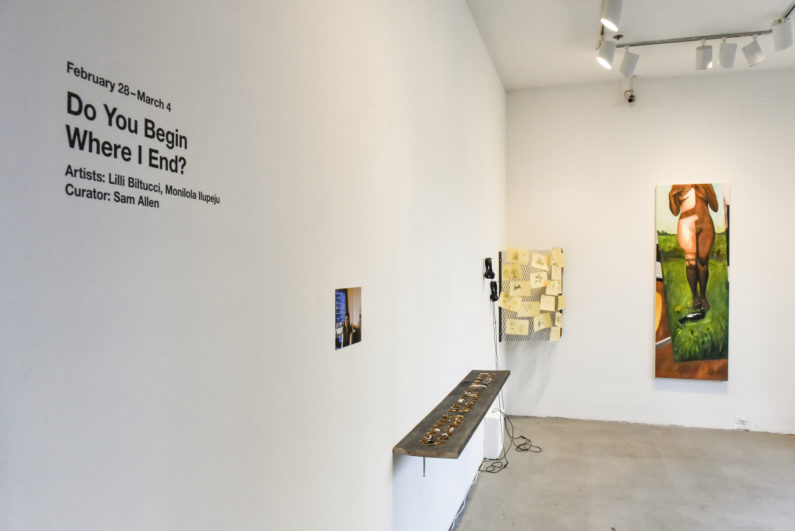
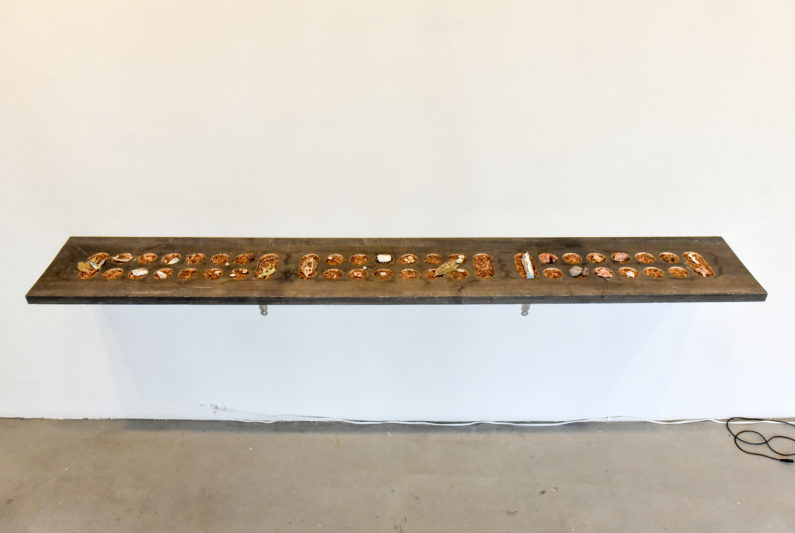
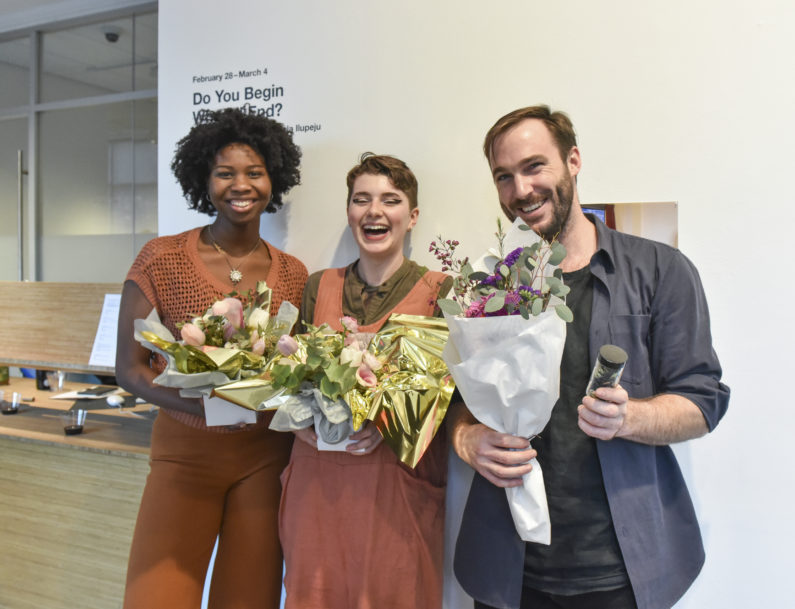
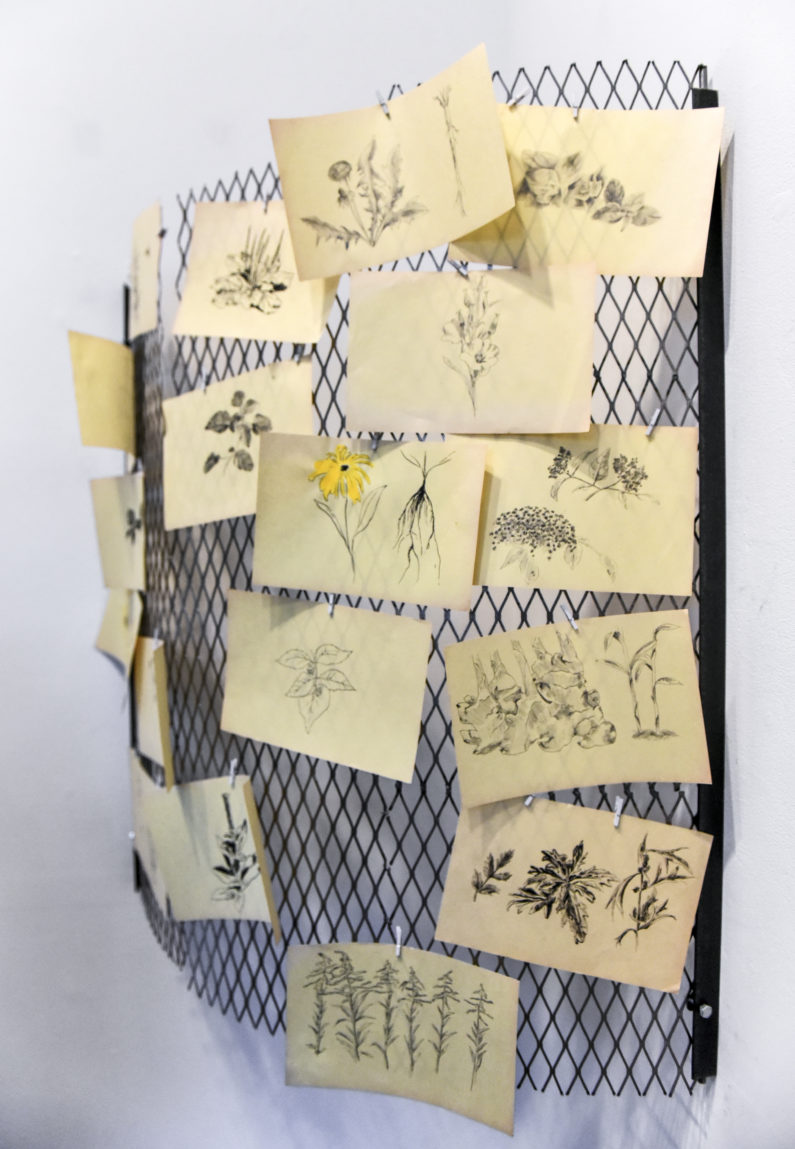
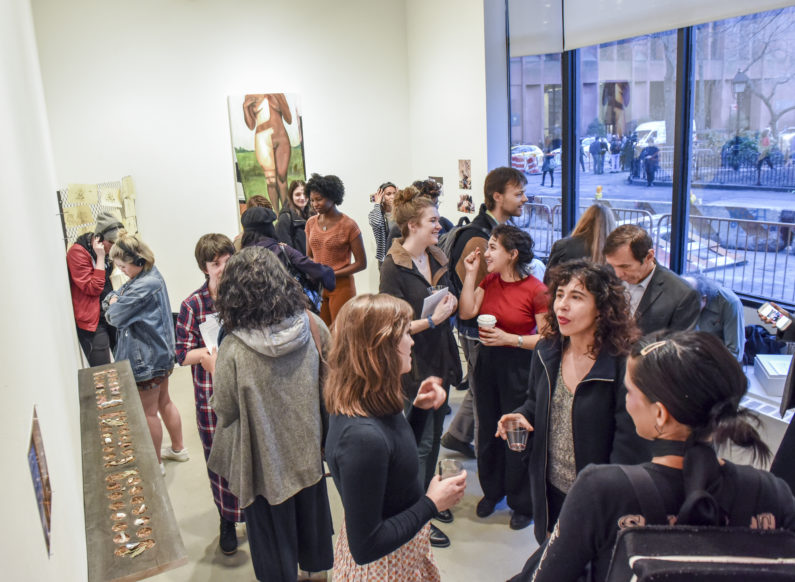
Photos by A. Leonardo Amiri
